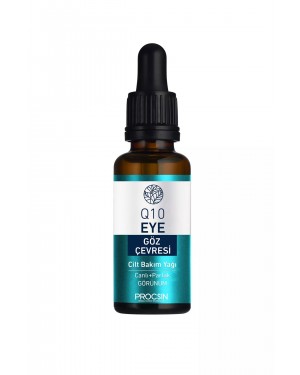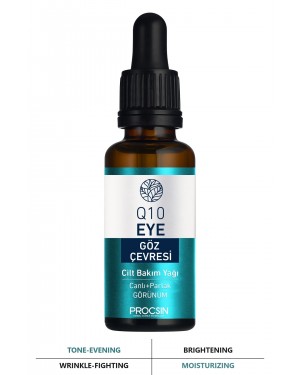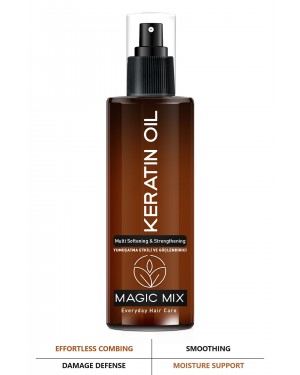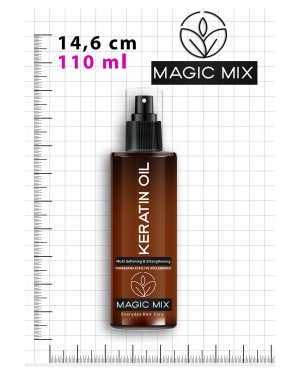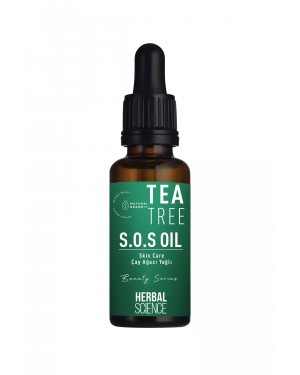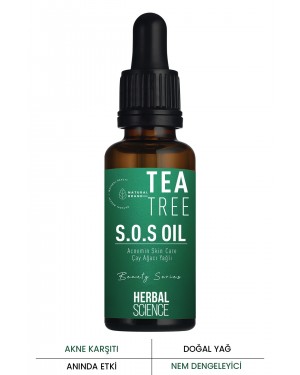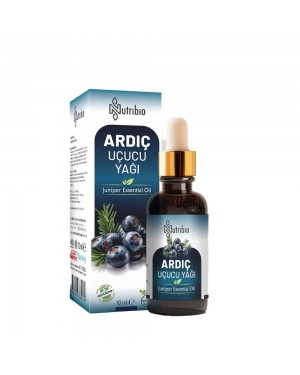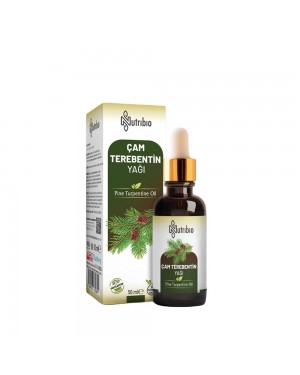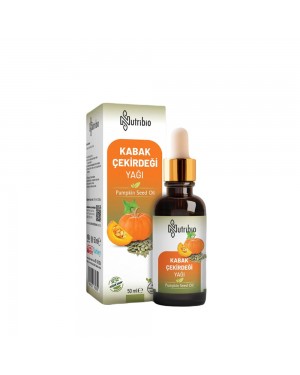
- Premium Calendula Oil: Sourced from the highest-quality calendula blossoms, this oil ensures unmatched purity and excellence.
- Rich in Nutrients: Enriched with essential vitamins, minerals, and antioxidants, it delivers complete nourishment to your skin, hair, and nails.
- Multi-Functional Use: Perfect for alleviating dry skin, enhancing hair and nail strength, and fulfilling various beauty needs.
- Deep Nourishment and Revitalization: Embrace the rejuvenating effects of calendula as it deeply nourishes your skin, enhancing its radiance and health.
- Boosts Hair and Nail Strength: Incorporate this oil into your routine to fortify and strengthen your hair and nails, promoting overall beauty and wellness.
- Organic and Pure: Our calendula oil is free from synthetic additives and preservatives, providing a natural and trustworthy skincare solution.
- Certified Quality: Produced using the maceration method and passing rigorous quality checks, including ISO, HALAL, and GMP certifications. Packaged in a dark bottle with a dropper to ensure easy application and protect the oil from light damage.
- Stock: In Stock
- Brand: Nutribio
- Model: 963311923
Calendula Oil 20 ml: A Natural Remedy for Skin and Hair Health
Discover the exceptional qualities of Nutribio Calendula Oil, a 100% organic product enriched with calendula extract. Extracted through the maceration process, this herbal oil is celebrated for its wide array of skincare benefits. Its high content of antioxidants and essential nutrients provides deep hydration, nourishment, and revitalization to the skin, promoting a youthful and glowing complexion. Ideal for soothing dryness, improving skin tone, and enhancing overall skin health, this Calendula Oil is a top choice for holistic skincare.
Derived from marigold flowers, calendula oil is a natural gem with numerous therapeutic properties. Its powerful anti-inflammatory, antibacterial, and antifungal effects make it suitable for treating skin issues like wounds, acne, eczema, and diaper rash. It also alleviates psoriasis symptoms and speeds up wound healing. Adding Calendula Oil to your skincare routine can lead to smoother, clearer, and healthier skin.
Harness the Benefits of Calendula Oil for Superior Skin Health
Calendula oil stands out as a holistic skincare solution, offering more than just surface-level benefits. Its healing properties make it a vital part of any skincare routine, addressing various skin concerns from minor irritations to chronic conditions. Nutribio Calendula Oil delivers a safe, effective, and natural approach to skincare, revealing the secret to radiant and youthful skin through its remarkable botanical benefits.
Benefits of Calendula Oil
Calendula Oil, extracted from the vibrant marigold flower petals, provides numerous skin health benefits. Here’s what makes it a valuable addition to your skincare routine:
Reduces Inflammation: Calendula Oil is rich in flavonoids and triterpenoids, which have potent anti-inflammatory properties. These compounds help soothe inflammation, redness, and swelling linked to conditions like acne, eczema, and dermatitis.
Antibacterial and Antifungal Properties: This oil has strong antimicrobial effects, effectively combating bacteria and fungi. It prevents acne-causing bacteria and aids in the faster healing of wounds and cuts.
Accelerates Wound Healing: Calendula Oil promotes tissue repair and collagen production, speeding up the healing process of minor burns, cuts, and abrasions. It minimizes scarring and soothes irritated skin.
Hydrates and Moisturizes: Packed with emollients and essential fatty acids, Calendula Oil deeply moisturizes the skin, maintaining its natural moisture barrier and preventing dryness and flakiness.
Protects with Antioxidants: The oil is abundant in antioxidants like carotenoids and flavonoids, which neutralize free radicals and protect the skin from oxidative damage, delaying signs of aging such as fine lines and wrinkles.
Soothes Sensitive Skin: Calendula Oil is ideal for sensitive or irritated skin, offering relief from redness, itching, and inflammation.
Safe for All Skin Types: Gentle and non-irritating, Calendula Oil is suitable for all skin types, including baby and sensitive skin.
Integrating Calendula Oil into your skincare routine helps address various skin concerns while enhancing overall skin vitality. It is also an excellent carrier oil for essential oils, providing a natural approach to skincare that utilizes the power of nature.
FAQs
Q1: What is Calendula Oil and how is it made?
A1: Calendula Oil is a herbal oil extracted from calendula flowers through maceration, where the flowers are soaked in a carrier oil to infuse their beneficial properties into the oil.
Q2: What benefits does Calendula Oil offer?
A2: Calendula Oil helps soothe inflammation, aid wound healing, moisturize dry skin, and protect against environmental damage. Its antimicrobial properties make it effective for treating minor cuts and scrapes.
Q3: How should Calendula Oil be applied?
A3: Apply Calendula Oil directly to the skin or mix with a carrier oil for massage. Use a few drops on the affected area and gently massage until absorbed. It can be used daily, morning and night.
Q4: Is Calendula Oil suitable for all skin types?
A4: Yes, it is suitable for all skin types, including sensitive skin, due to its gentle and soothing nature.
Q5: Can Calendula Oil be used for specific skin conditions?
A5: Yes, Calendula Oil can help alleviate symptoms of eczema, psoriasis, dermatitis, and acne due to its anti-inflammatory and healing properties.
Q6: Are there any precautions for using Calendula Oil?
A6: Perform a patch test before wider application, especially if you have sensitive skin or allergies. Avoid contact with eyes and mucous membranes, and discontinue use if any adverse reactions occur.
Ingredients: 100% Pure Calendula Oil
How to Use Calendula Oil
- Cleanse the Skin: Wash the area to be treated with a gentle cleanser to remove dirt and impurities.
- Pat Dry: Gently dry the skin with a clean towel.
- Apply Calendula Oil: Use a small amount on your fingertips and apply to the desired area. For broader application, use on larger skin areas.
- Massage: Rub the oil gently into the skin using circular motions until absorbed.
- Allow to Absorb: Let the oil fully absorb before dressing or applying other products.
- Repeat: Use daily for best results, morning and night, or as needed.
- Store Properly: Seal the bottle tightly and store in a cool, dry place away from sunlight.
Warnings
- Not a medicine.
- Keep bottle sealed in a cool place.
- Keep out of reach of children.
- Do not purchase if the label or packaging is damaged.







